The 8 Happiest Country in the World
Advertisement
The happiness index is a measure of people's feelings and experiences of their own survival and development, that is, an index of people's happiness. Although everyone has a different understanding of happiness, per capita GDP, social security, life expectancy, people's trust in the government, government cleanliness, national education level, employment rate and other factors constitute the happiness of the entire city or country. Here is an inventory of the ten countries with the highest happiness index in the world. Keep reading to know what these countries are.
1. Finland
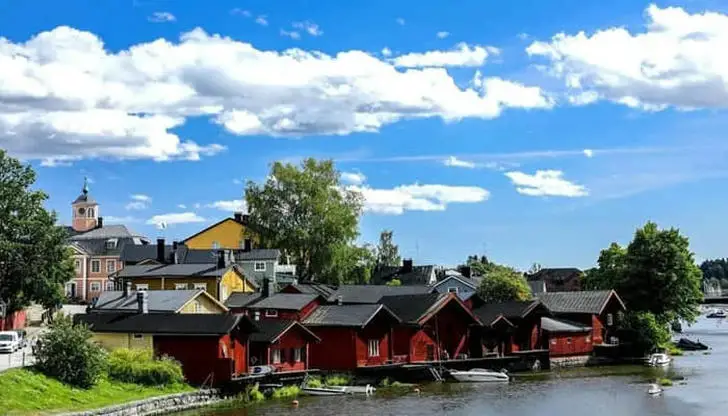
Finland has been named the happiest place in the world for a fourth year running, in an annual UN-sponsored report. Finland is a highly developed capitalist country as well as a highly industrialized and liberalized market economy. Its citizens enjoy an extremely high standard of quality of life. The Finnish government's civil servants are clean and efficient, and a broad consensus has been formed in society. Finland has about 179,000 islands and about 188,000 lakes. It is known as the "country of a thousand lakes". The forest coverage rate is as high as 75.3%, about 22.7 million hectares, 4.34 hectares per capita, and timber reserves of 2.2 billion cubic meters.
2. Australia
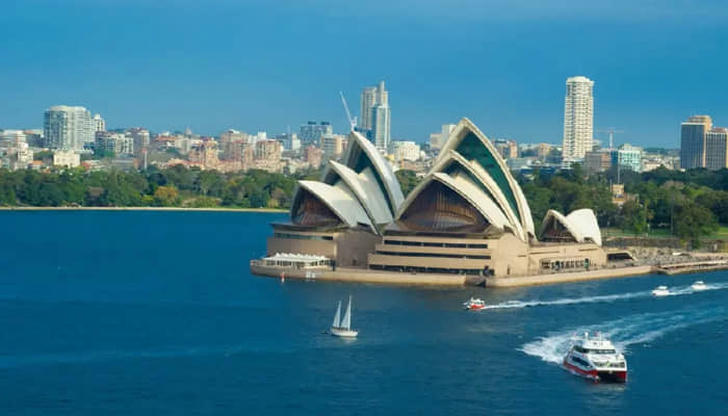
Australia is a highly developed capitalist country. Australia, with many unique flora, fauna and natural landscapes, is a country of immigrants that pursues a multiculturalism. Australia's population is highly urbanized. Nearly half of its citizens live in the two major cities of Sydney and Melbourne. Many cities across the country have been rated as one of the most livable places in the world. The coastal areas are full of wide sandy beaches and lush vegetation. Australians’ excellent quality of life goes hand in hand with their strong sense of community and civic duty, and these qualities proved more precious than ever now.
3. New Zealand
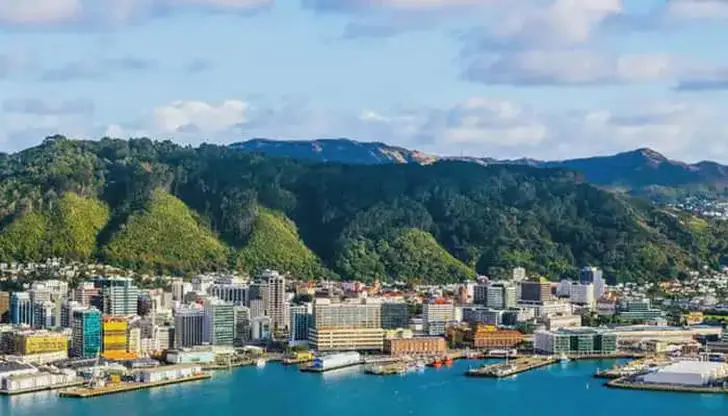
New Zealand is a highly developed capitalist country and one of the most beautiful countries in the world. In total, about 30% of the land is protected areas. It has 3 world heritage sites, 14 national parks, 3 marine parks, hundreds of nature reserves and ecological zones. Kiwis take their happiness seriously and are quick to spring into action when something threatens it.
4. Sweden
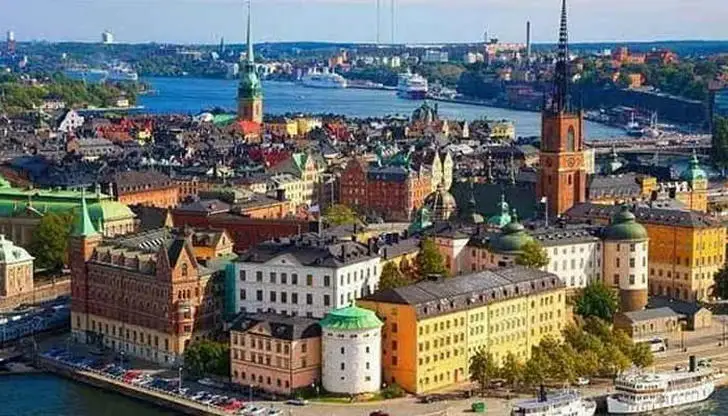
Sweden is also a highly developed capitalist country. It is considered to have social liberalism and strives for equality. It has established many social welfare systems and is usually ranked among the top in the Human Development Index of the United Nations Development Program. There are 15 world cultural heritage sites, and the forest coverage rate is 54%. Sweden’s areas close to the ocean are affected by the warm Atlantic current and have mild and rainy winters.
5. Norway
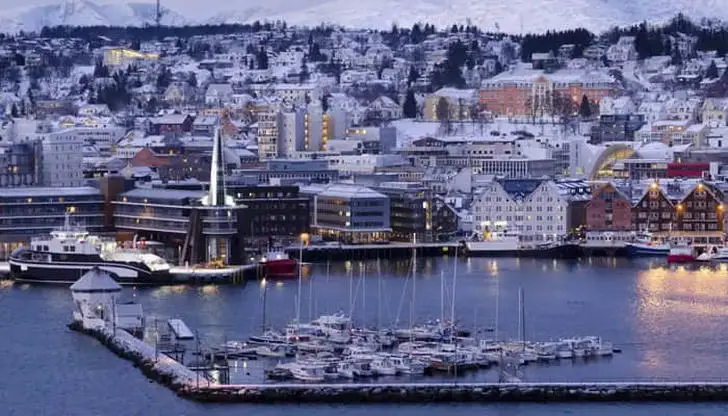
Since 2001, Norway has been rated as the most livable country by the United Nations for six consecutive years. As a highly developed capitalist country and one of the richest countries in the world today, Norway is also one of the pioneers in the creation of a modern welfare state. Every citizen is a member of the national welfare and labor insurance organization and enjoys a comprehensive set of financial assistance such as medical care, retirement pension, and disability pension. In addition to child support payments for every family, the holiday regulations related to women’s childbirth are also very broad. More than 90% of children go to school for free in public schools, and the mandatory period is nine years, but everyone has the right to continue their education.
6. The Netherlands
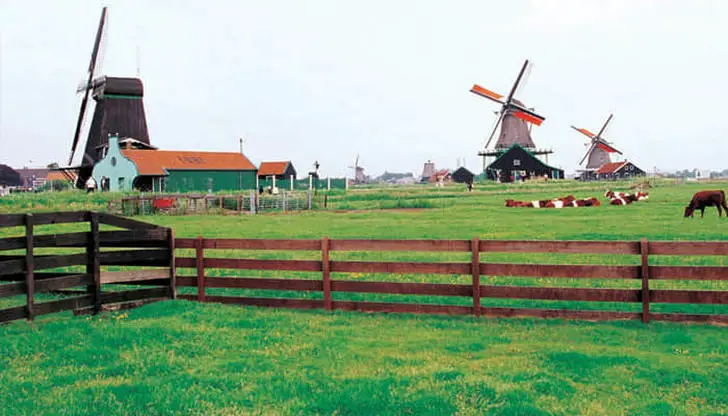
The Netherlands is a highly developed capitalist country. It is known for its seawalls, windmills, tulips, and a tolerant social atmosphere. The laws dealing with drugs, sex trafficking and abortion are the most liberalized in the world. The Netherlands is the first country in the world to legalize same-sex marriage and euthanasia. The Netherlands is known as the "land of flowers", among which the most and most famous flowers are tulips.Today the Dutch score well when it comes to social connections and institutional trust, and remain more affluent, educated and freer to make their own life choices than at any point in their country’s history.
7. Switzerland
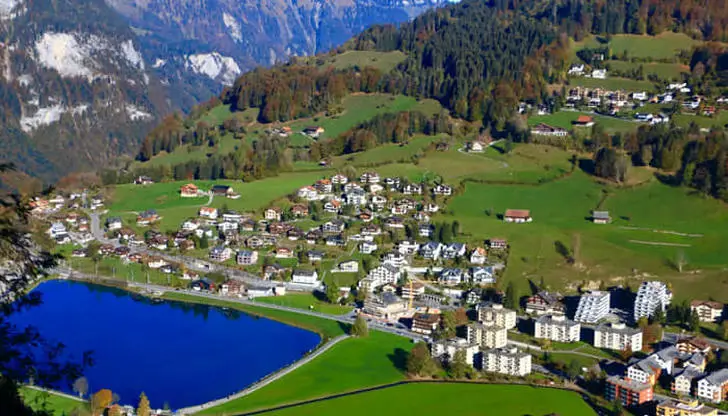
Switzerland is a highly developed capitalist country and one of the world's richest countries, the most stable society, the most developed economy and the highest standard of living in the world. It is rich in tourism resources and has a reputation as a world park; its per capita GDP has always been among the top in the world. Switzerland is also one of the most stable economies in the world. Its long-term policies, secure financial system and bank secrecy make Switzerland a tax avoidance. A safe haven for investors.
8. Iceland
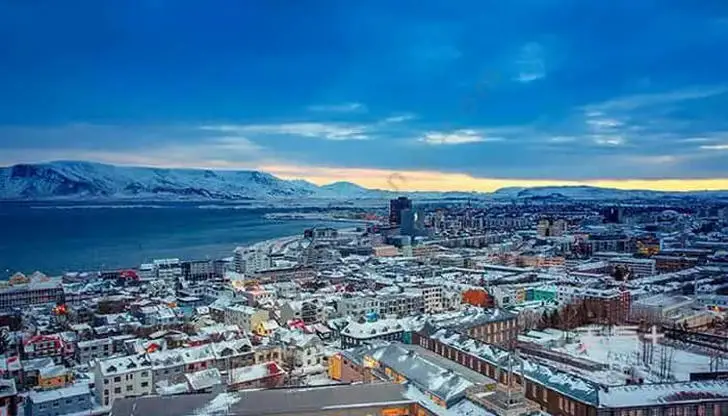
Iceland routinely tops a wide variety of quality of life rankings. Iceland thus maintains for the third year in a row the fourth position in the happiness ranking—and its citizens have Nordic welfare systems such as enchanting landscapes, FREE health insurance and higher education provided by the state and extraordinary collective sense of trust and community. Iceland is the NATO member country with the smallest population and the only country without a standing army. Only the Coast Guard is responsible for national defense tasks. Although it is located near the Arctic Circle, the temperature in winter is not low. Iceland is the country with the most hot springs in the world, so it is called the "land of ice and fire".



